New Study Confirms: Surgical Care Is Achievable in Conflict Settings
Can surgical care be delivered safely and sustainably in a war zone? A new study says yes—with lessons that could shape healthcare delivery in crisis zones worldwide.
A 15-Year Effort in Afghanistan
The study, published in Impact Surgery, evaluates 15 years of surgical and obstetric care provided by GSF partner EMERGENCY in Afghanistan. Between 2007 and 2022, their network delivered over 120,000 surgical procedures and 695,000 outpatient visits—all completely free of charge.
Adapting to a Shifting Crisis
What began as war trauma surgery expanded over time to include treatment for road traffic injuries, interpersonal violence, and a growing demand for maternal health services. This shift reflects the adaptability of surgical systems—and their ability to respond to complex, evolving needs.
Results That Approach Global Targets
Outcomes at EMERGENCY’s facilities—particularly the Anabah Maternity Centre—show steady improvements. In some years, maternal and neonatal mortality rates came close to Sustainable Development Goal (SDG) benchmarks, even in a fragile and under-resourced context.
A Model for Other Fragile Settings
This isn’t just a story of Afghanistan—but of many countries where health systems face extreme strain. The study reinforces that surgical care systems are uniquely adaptable—and essential to reaching the most underserved.
EMERGENCY’s model demonstrates that sustained, high-volume surgical and obstetric care is feasible in conflict-affected settings. The transition to civilian trauma care highlights the need for adaptable surgical systems.
Read the study by EMERGENCY:
Keep reading
Surgical Care Takes the Stage at WHA78—with Catalytic Funding to Match. Read more


